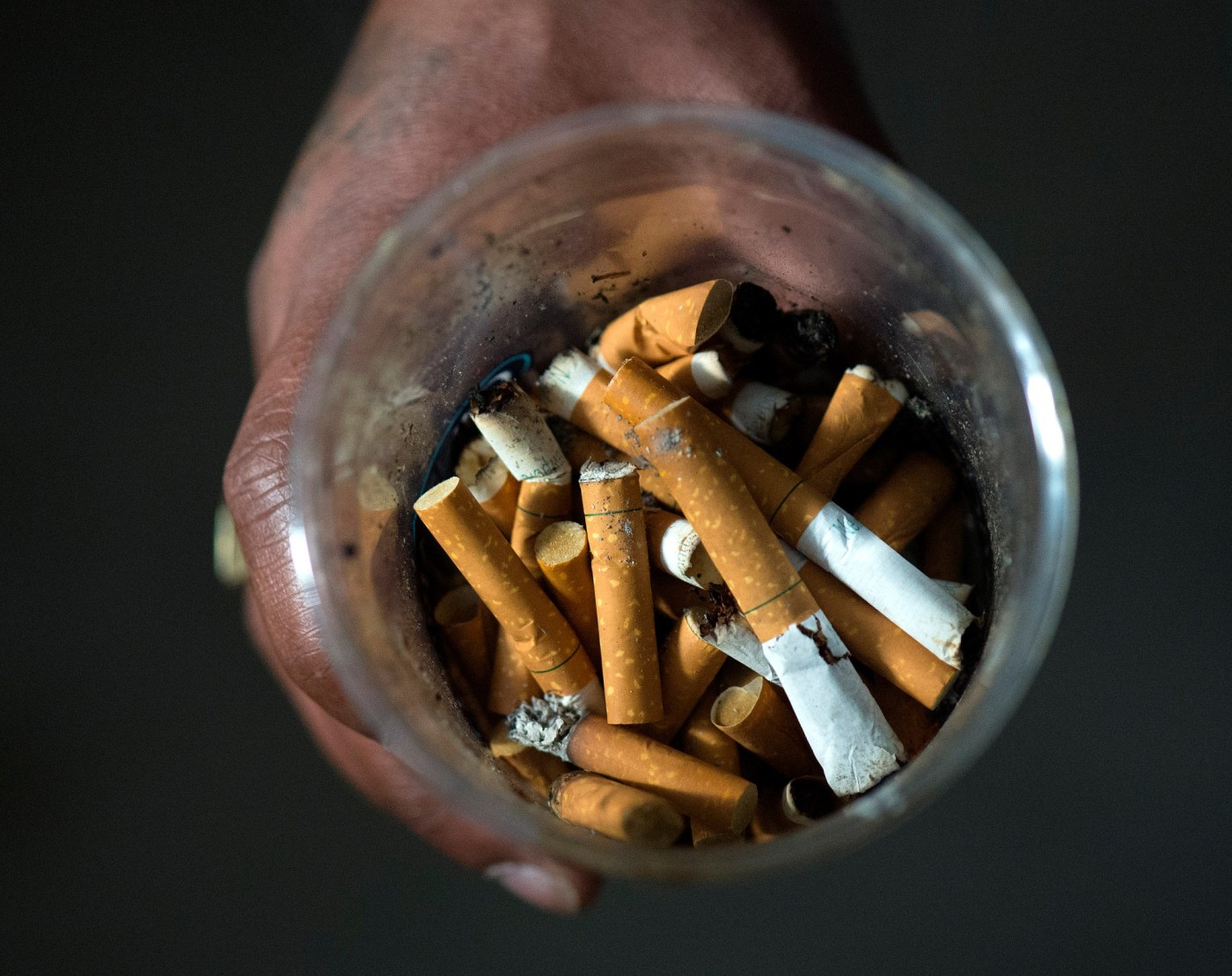The future of critical smoking cessation programs in Virginia hangs in the balance as Congress deliberates on funding for the U.S. Department of Health and Human Services. This decision comes amid rising concerns over the proliferation of addictive tobacco products, particularly e-cigarettes that are increasingly targeting young people.
Dr. Ward Blalock, a retired pediatrician and community health advocate from Newport News, emphasizes the urgency of this situation. He warns that cutting funding for the Office on Smoking and Health (OSH) at the Centers for Disease Control and Prevention (CDC) could have dire consequences for public health in Virginia and beyond. The OSH has played a pivotal role in supporting state-level tobacco control initiatives, and its potential defunding raises alarms about the future of efforts aimed at reducing tobacco use.
Virginia currently faces significant financial burdens due to tobacco-related health issues. According to CDC data, taxpayers in the state shoulder over $3.61 billion in direct health care costs linked to tobacco use, with an additional $9.4 billion lost in productivity each year. This underscores the need for effective smoking cessation programs, particularly those funded by a $1.8 million federal grant from the OSH.
Dr. Blalock points out that over the years, Congress has recognized the importance of supporting programs that help individuals quit smoking, thereby reducing the long-term costs associated with tobacco use. The financial implications are clear; every year, American taxpayers spend more than $241 billion on direct health care costs attributable to tobacco.
In Virginia, the state’s Tobacco Control Program (TCP) relies entirely on this federal funding, making the potential loss of the OSH grant particularly detrimental. Unlike other states that may have multiple revenue streams from tobacco settlements, Virginia’s TCP lacks alternative funding sources, including those from the Master Settlement Agreement or the JUUL Settlement Agreement.
The Quit Now Virginia program has been a lifeline for many residents since its inception in 2005. It offers free, confidential, and evidence-based cessation services, making it one of the most accessible resources for tobacco users looking to quit. Data show that approximately 70% of tobacco users in Virginia want to stop smoking. The program, however, is not without its challenges; currently, 45% of Quitline users have Medicaid or are uninsured, while 53% have at least one chronic health condition, and 55% live with one or more behavioral health issues.
Dr. Blalock highlights the effectiveness of tobacco quitlines, stating that every $1 invested in Quitline services results in a savings of $3.16 on health care costs, lost productivity, workers’ compensation, and secondhand smoke impacts. Losing this funding would not only interrupt vital support for individuals trying to quit but would also undermine broader public health efforts.
As the debate continues in Washington, D.C., concerns about youth vaping remain a pressing issue. Despite some perceptions that youth vaping is declining, health professionals like Dr. Blalock assert that the problem persists, albeit in less visible forms. The devices are becoming more discreet and potent, making them harder to detect in schools and communities.
With youth e-cigarette use on the rise, the importance of maintaining funding for smoking cessation programs cannot be overstated. Dr. Blalock urges Virginia’s lawmakers to prioritize the continuation and funding of the OSH, emphasizing that protecting public health should be a paramount concern.
In summary, as Congress weighs the potential cuts to essential tobacco control programs, the implications for Virginia’s public health landscape are significant. The need for effective cessation resources remains critical as the state grapples with the ongoing challenges posed by tobacco use and addiction.
